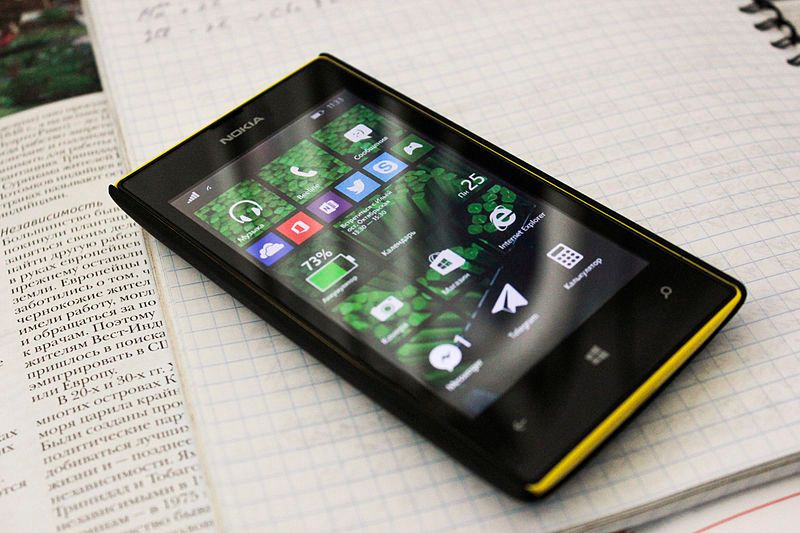Earlier this year in a recent interview at Village Global, Microsoft's Bill Gates admitted that Windows Phone losing to Android was his 'greatest mistake ever'. Gates said that the mismanagement he engaged in caused Microsoft to not be what Android is today and that if Microsoft had won the war, the company would have had an additional $400 billion in overall revenue. Now, Gates claims that Microsoft's antitrust issues are what led to Windows Mobile's downfall.
As reported by The Verge, Gates made these claims at the New York Times' DealBook Conference earlier today. He said, "There's no doubt that the antitrust lawsuit was bad for Microsoft, and we would have been more focused on creating the phone operating system and so instead of using Android today you would be using Windows Mobile...If it hadn't been for the antitrust case...we were so close, I was just too distracted. I screwed that up because of the distraction."
The company's smartphone efforts also failed to attract developers to its platform and that was one of the main reasons behind Windows Mobile's ultimate downfall. Gates further revealed that Microsoft missed an opportunity to launch Windows Mobile on a key Motorola device. He said, "We were just three months too late on a release Motorola would have used on a phone, so yes it's a winner takes all game." It isn't clear which Motorola handset Gates is referring to here, but Motorola launched its Droid range of Android smartphones 10 years ago. It was Verizon and Motorola's push in the US that helped Android succeed at the time, while Windows Mobile struggled to catch on.
It's worth noting that Google acquired Android for $50 million back in 2005 and its first major competitor was Windows Mobile. Former CEO Eric Shmidt has previously admitted that Google was "very concerned that Microsoft's mobile strategy would be successful." Unfortunately for Microsoft, Google succeeded and Android is now the most used mobile operating system worldwide, boasting of a 76.67% market share as of October 2019.
Source: The Verge

